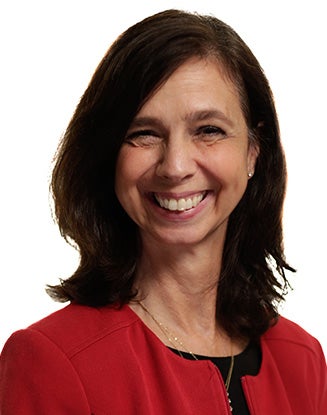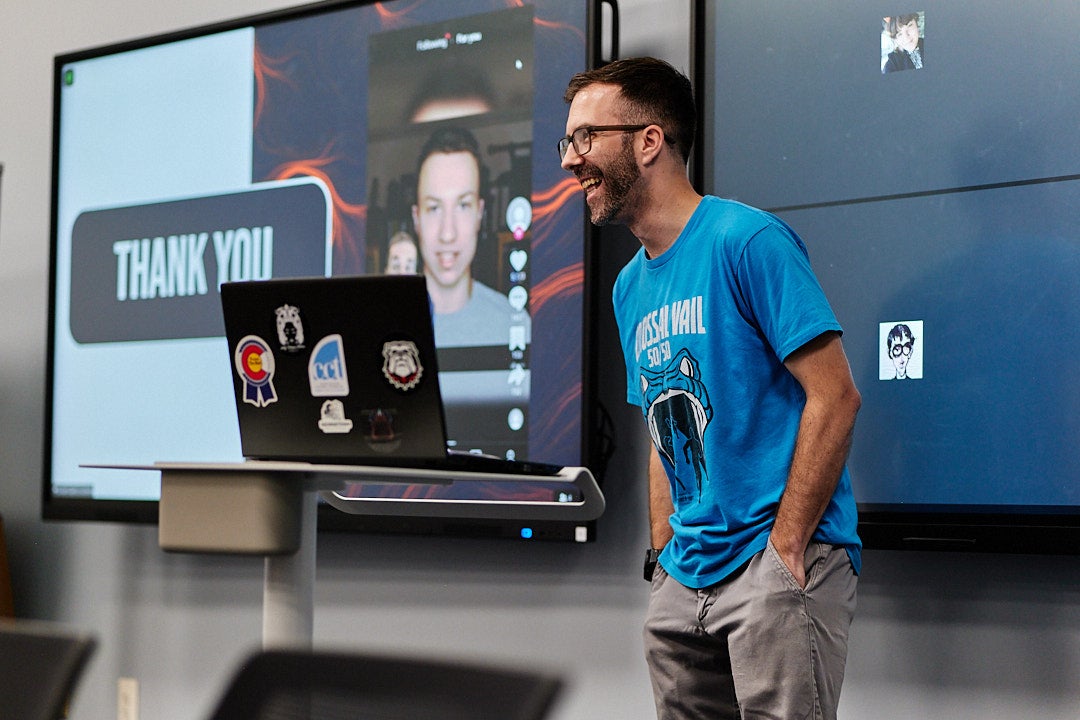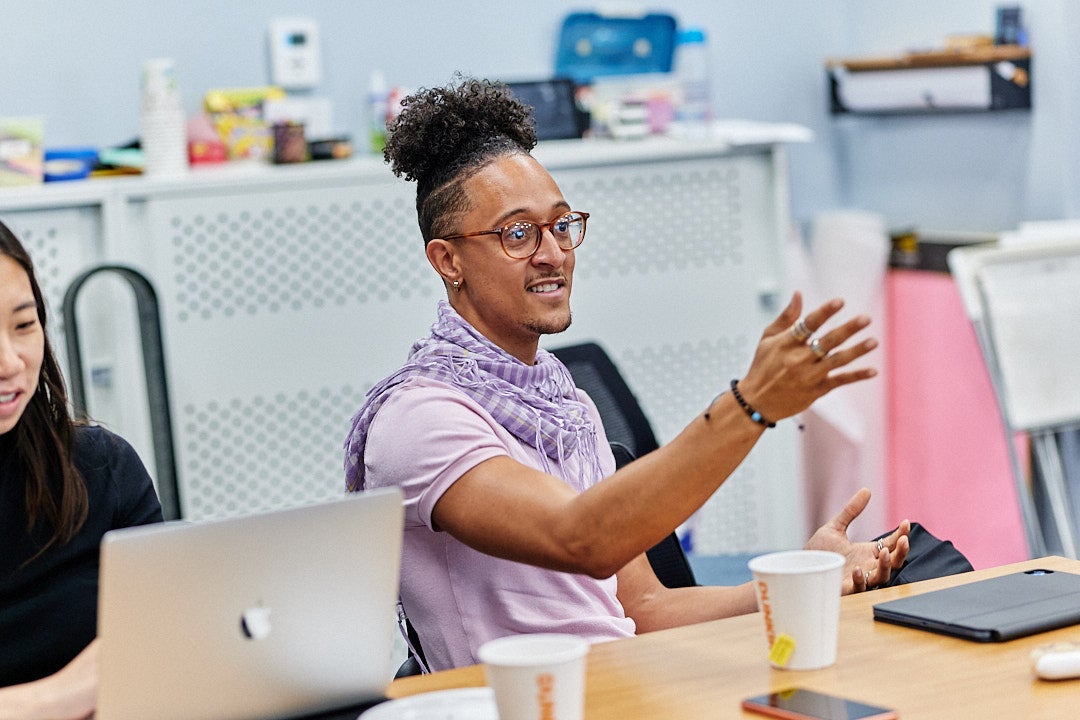Faculty
July 23rd, 2024
CCT faculty include both core and adjunct professors, whose teaching and research interests demonstrate interdisciplinary exploration. Core faculty are assigned to students as advisors to help them…

CCT students are strong analytical thinkers and problem-solvers. They use their diverse academic backgrounds as starting points for the learning and development that they direct for themselves.
During the program, they are challenged to explore and integrate areas previously unfamiliar to them. By the time they complete the program, CCTers are prepared for careers that need articulate, nimble, innovative thinkers and strategists – in other words, people with the skills to succeed when work environments face radical changes due to technology.
Our alumni use these skills in a wide variety of fields: academia, journalism, data analysis, communications, politics, business, technology, consultancy, and more. Even long after graduation, they continue to enjoy the benefits of a CCT network, connecting with students, faculty and fellow alums to share ideas, tips and opportunities.

Read faculty, student, and alumni profiles. Contact us if you would like an introduction.

See the wide range of options for coursework available to CCTers.
“I’m really appreciative of the ownership and encouragement CCT provides students to contribute to the program itself. The freedom you hold to contribute to the community at CCT is unlike other experiences. I cherish that time in my life as one where I felt more agency than ever before. In many ways, it lets you know that you have a light to offer. But once outside, you’ll face obstacles. The comfort is knowing that the light exists, continuously, despite it not being received elsewhere.”
Molly Crain, CCT Alum (2016)
The idea for CCT began in the early 1990s when a digital environment started to emerge that would rapidly revolutionize ways of communicating, working, and living. In response, Georgetown’s Graduate School created a Master’s program to prepare students to be leaders, scholars, and contributors in a new networked world.
As founding director, Prof. Martin Irvine, observed: “The interdisciplinary, problem-centric model that we began with in 1996 still guides us today. From the beginning, we recognized that the complex, interdependent social-technical world that we live in demands more than one discipline for defining knowledge and preparing students to be successful.”
Today the CCT community comprises faculty, staff, students, and alumni representing a great diversity of backgrounds, cultures, languages, passions, and dreams for the future. The questions we ask and the answers we seek cover an ever-widening and endlessly fascinating expanse of inquiry.
Faculty
July 23rd, 2024
CCT faculty include both core and adjunct professors, whose teaching and research interests demonstrate interdisciplinary exploration. Core faculty are assigned to students as advisors to help them…
CCT Alumni Spotlight: Melanie Bender
July 18th, 2024
CCT is excited to highlight Melanie Bender Martin (CCT ‘06), the first ever Director of Marketing and Communications at the newly reopened Folger Shakespeare Library. The Folger Shakespeare…
CCT Students Chelsey Li and Luxi Yang discuss their experience within the Georgetown Technology Commercialization Internship Program
July 16th, 2024
CCT is excited to feature Chelsey Li (’25) and Luxi Yang (’24) as they discuss their experience in the Fall 2023 Tech Commercialization Internship Program. CCT Students Chelsey and Luxi were both…
CCT Professor Highlight: Luke Revell
July 8th, 2024
CCT is excited to feature Adjunct Professor Luke Revell in our latest professor highlight! Luke Revell served in the United States Marine Corps for over 23 years, retiring as the Marine Corps…